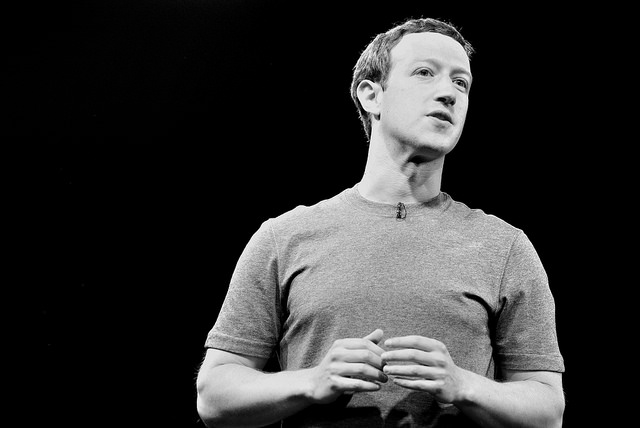Has Facebook done enough to regain our trust?
Facebook has 2 billion monthly active users, a lot of power and faces more scrutiny than ever. It is constantly trying to innovate and stay relevant. Its latest product is Portal, their video device for the home technology market.
2018 has been dominated by Facebook’s privacy scandal, with damaging revelations affecting the reputation of the social media giant. Since then, it has pulled out all the stops to restore trust in Facebook. Has it done enough?
The history of Facebook privacy
Facebook has faced privacy fears throughout its history. Believe it or not, when the News Feed debuted in 2006, the backlash spawned protest groups on the platform that were joined by around a million people.
We are now used to broadcasting our personal data on the platform. Consent has always been a tough issue though. 2007 saw the company broadcast the purchases of its members to their friends and family. That scandal paved the way to the familiar box you see when websites and apps want to access or use your Facebook profile.
Fast forward to 2018 and the most serious Facebook crisis. It was revealed that Cambridge Analytica secured data from 50 million people. These people did not know it was happening and they didn’t give their permission. They may have naively given their data to a quiz created by Cambridge researcher Aleksandr Kogan, but the fault ultimately rested with the relaxed privacy and security policies of the platform.
What was Facebook’s response?
The fallout from the episode was scandalous. People were outraged that data was being collected about them without their consent or knowledge. Even people who weren’t Facebook users, but picked up cookies from a page, had their data collected.
The initial response largely tried to shift blame away from Facebook. Zuckerberg said “this was a breach of trust between Kogan, Cambridge Analytica and Facebook.” He did add that it was also a “breach of trust” from Facebook but there wasn’t a sorry in sight.
The reaction to the statement was mixed, with many people angered by the company, accusing them of a lack of honesty, and others supporting his approach and solutions.
He pledged to investigate the apps that could access the data of your friends before 2014, the year when the company reduced access to third parties. Developers would also no longer be allowed to access the data of inactive users and the process was made more watertight.
The media campaign
The company has embarked on a media campaign to repair their image. This was underpinned by updates to privacy tools to help people take more control on how they shared their data.
Their advertising campaign to promote the way that Facebook brings together special moments from friends and family has been put front and centre. Perhaps for the first time, you may have seen Facebook ads on your television or on your commute.
Mark Zuckerberg personally appeared before the United States Congress and the European Parliament to answer questions, some more demanding and nuanced than others. NBC called this an ‘apology tour’, demonstrating how this scandal has hit right at the heart of the company.
The company has continued to be hit by controversy, making 2018 a difficult year for the tech company. They revealed in September that 50 million accounts had been compromised. A vulnerability in their systems had been exploited by hackers to steal the tokens that allow users to log in without needing to enter their details each time.
The launch of Facebook Portal
Facebook is trying to move on from the crisis. They’ve launched Portal, a video calling device with a smart camera that follows the action when people move to keep them in shot. The language they use shows that they are conscious of the need to reassure customers.
The Portal website says that the device is ‘private by design’ with safety, security and clear settings. It even has a camera cover, echoing the piece of tape that has been photographed obscuring Mark Zuckerberg’s own laptop webcam.
However, the irony of launching this new product – a Facebook camera designed to go in your living room – on the same week as a serious data breach affecting millions, has not gone unnoticed.
Some people criticised the timing, others lamented that they didn’t want another screen in their homes and others said that Facebook should focus on fixing its core product. Plenty of people praised the product, though, and others showed gratitude that Facebook has connected billions of people across the world.
The success of Portal is likely to be a litmus test for Facebook. If it sells well, then it shows that people still trust the platform. If it fails, then either they have misjudged their place in the technology market, or the privacy crisis has been a fatal blow.
